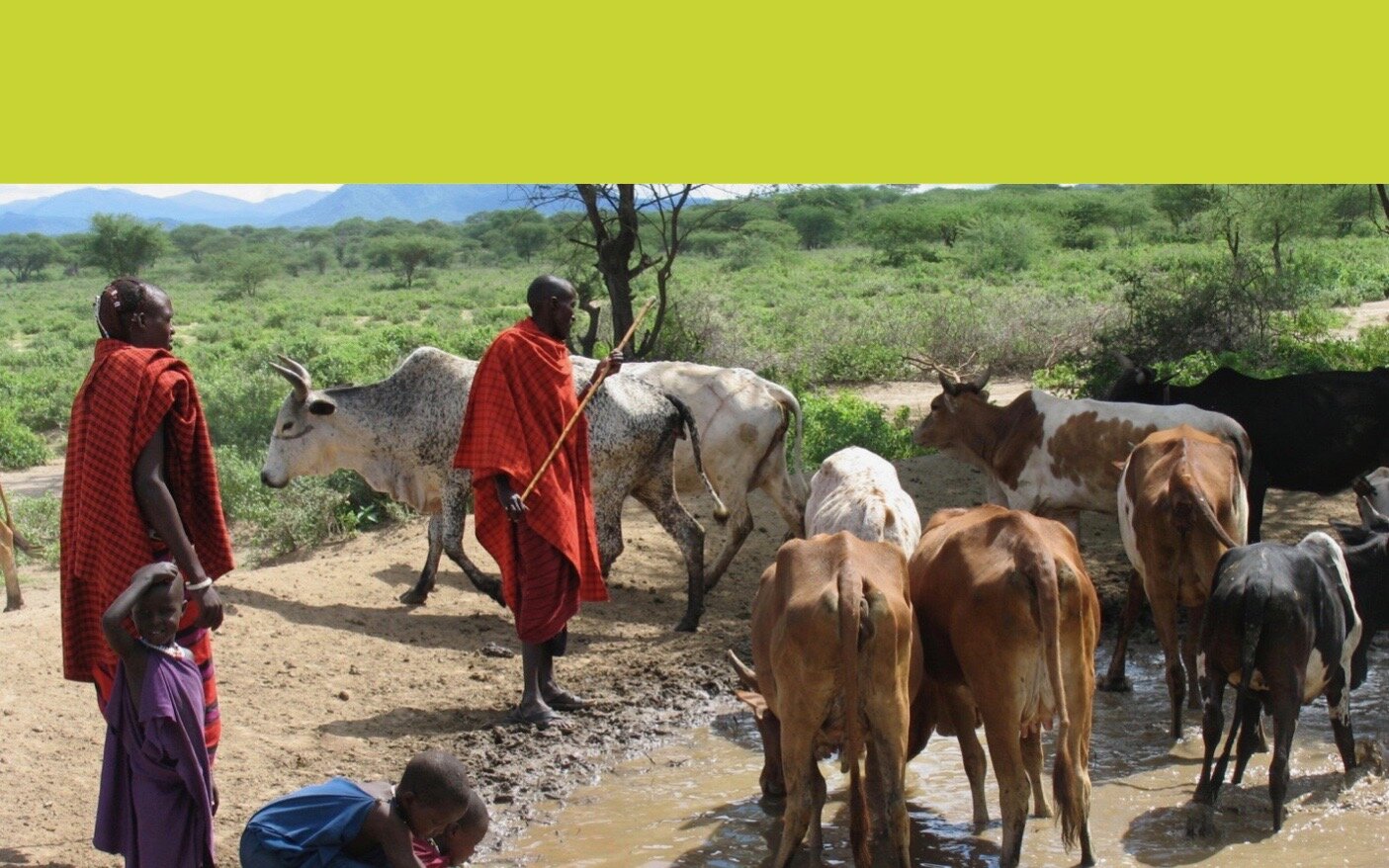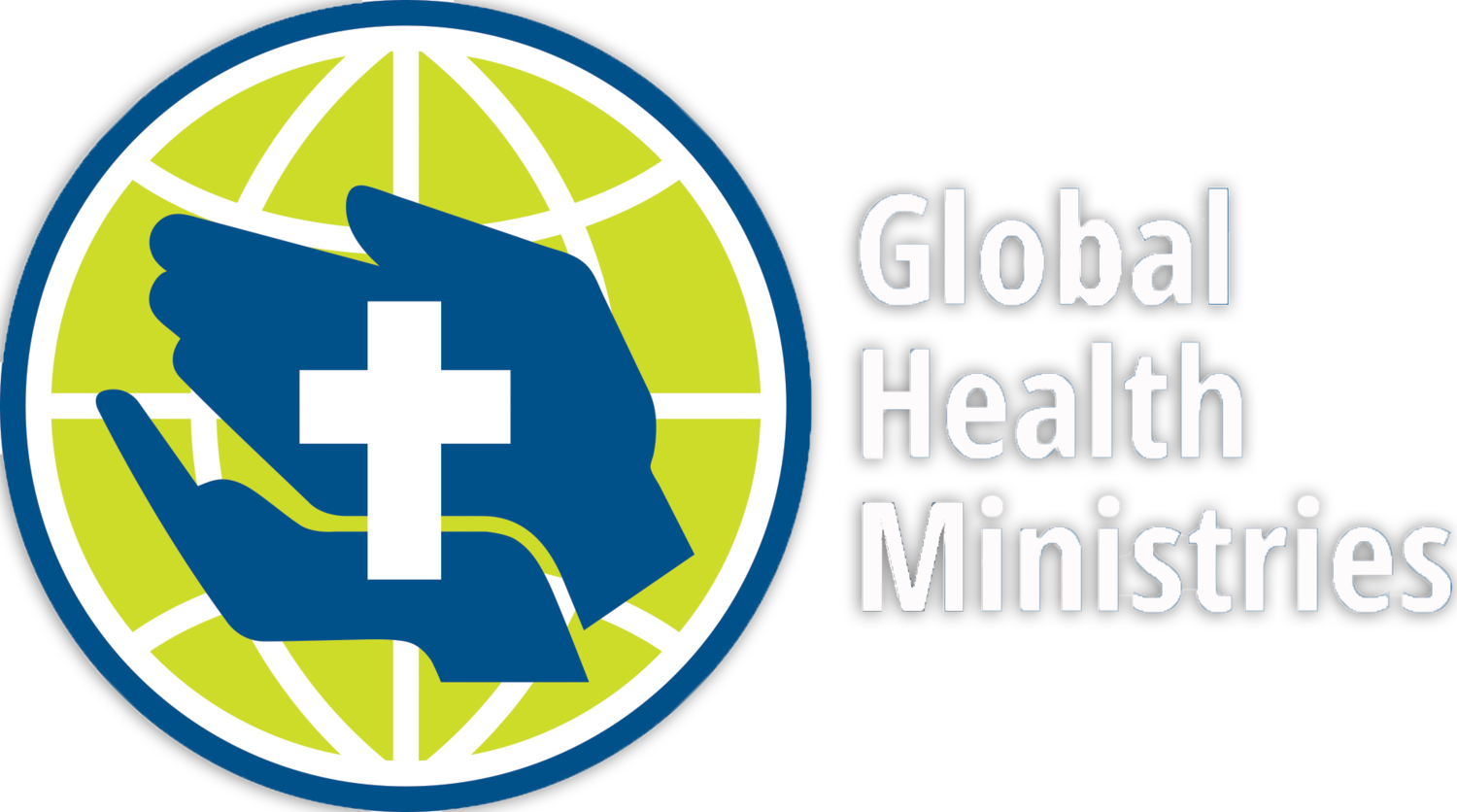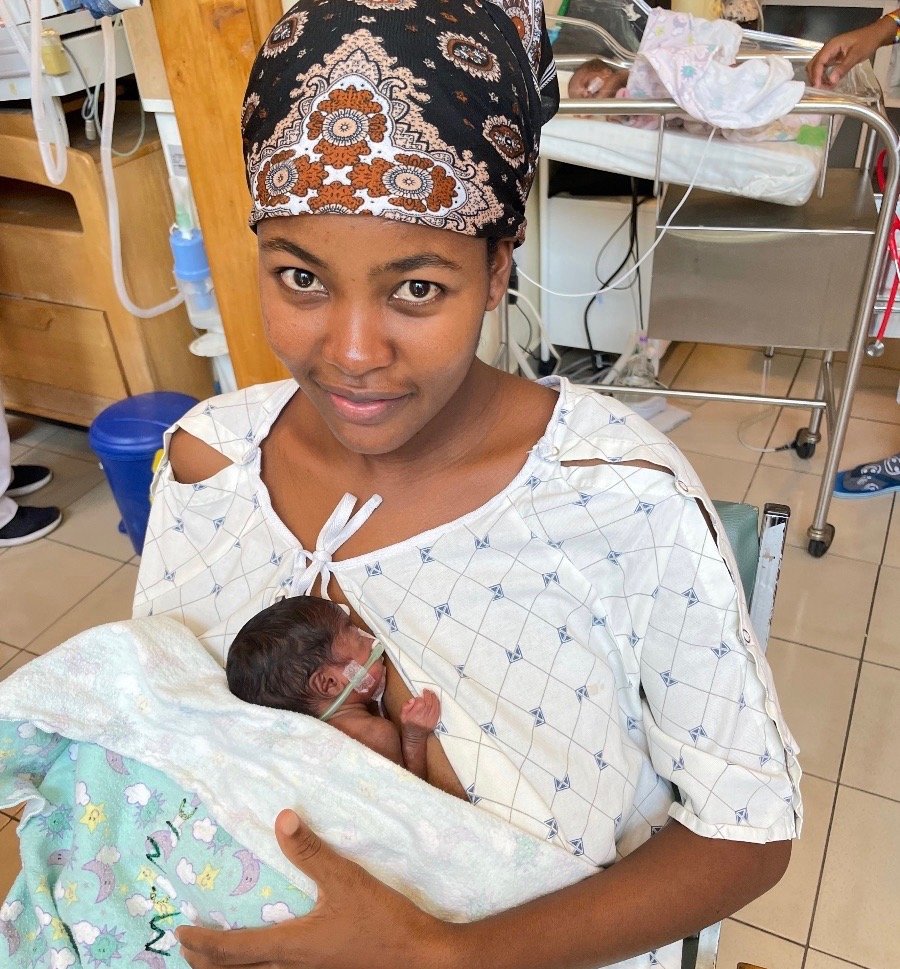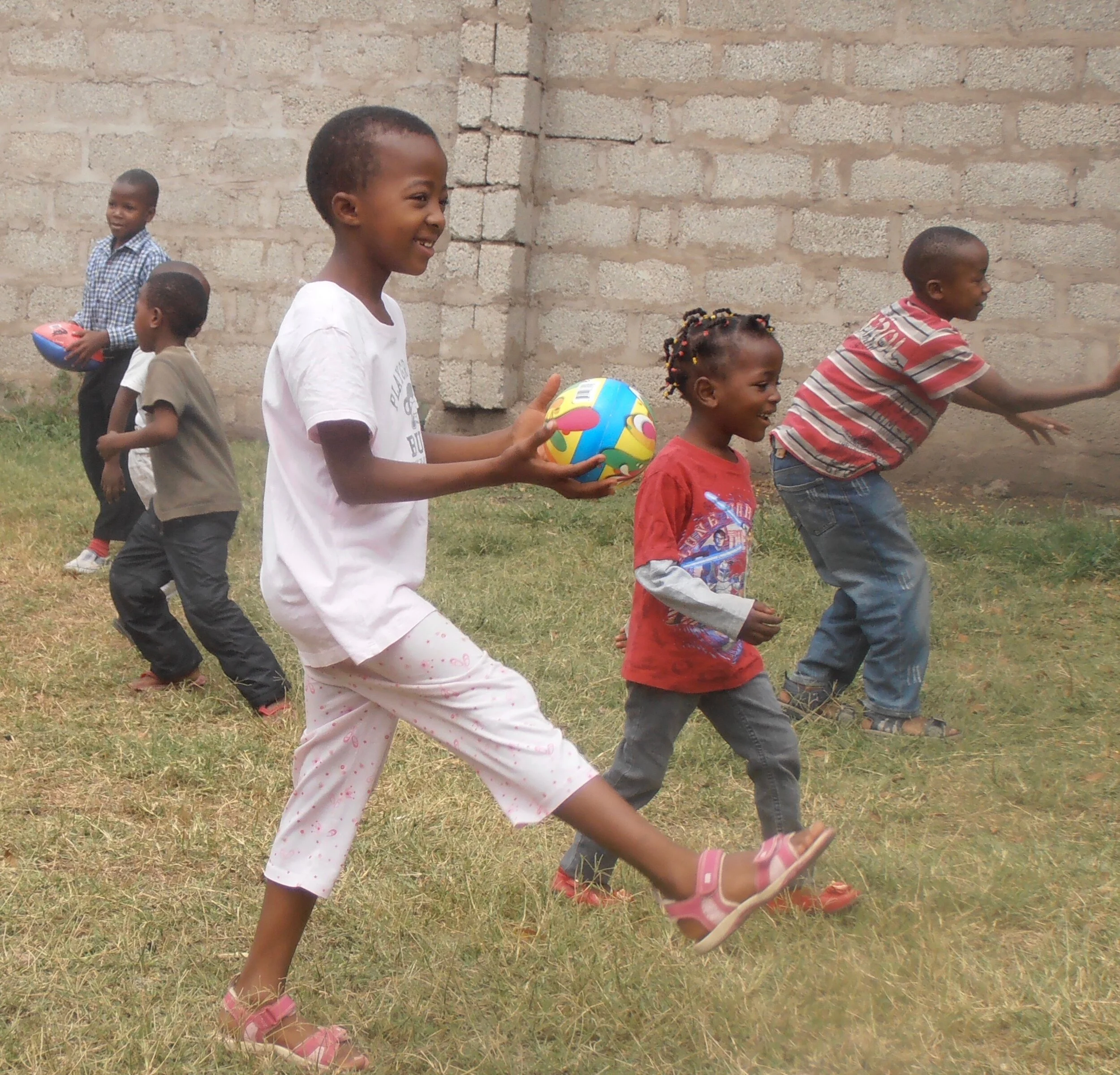
Tanzania
GHM in Tanzania
For 27 years, GHM has shipped medical equipment, supplies, and furnishings to our partners in the Evangelical Lutheran Church in Tanzania (ELCT). Over $11,000,000 in materials has supported many of the ELCT’s 24 hospitals and 157 health centers, clinics, and dispensaries.
GHM focuses on capacity building not only through shipping, but also with a wide range of projects including: education scholarships for doctors, radiologists, nurses, and other specialists; palliative care programs; Maasai solar energy; equipment installation and training; renovation of 14 Maasai dispensaries; and more.
GHM’s consulting service, GHM Consulting, has been working in Tanzania since 2008, with several Dioceses of the ELCT. GHM Consulting has assessed a wide range of healthcare facilities in Tanzania (clinical care, management, strategic planning, physical structures), and helped them build collaboration with local health institutions. From consulting with executive leaders to teaching Community Health Workers, GHM Consulting, is making a difference in Tanzania.
Data from WHO, and The World Bank
Meet Theresia
The Newborn Intensive Care Unit (NICU) at Arusha Lutheran Medical Centre (ALMC) is a busy place. Most days there are about 20 tiny newborns being cared for in the NICU, more than half of them preterm babies and all of them critically ill. Young mothers are referred from across northern Tanzania to this NICU, which is providing some of the highest-level neonatal care in Tanzania. Theresia is one of those young mothers. Her baby was born at just 26 weeks, weighing 760 grams (1.7 pounds). Theresia stayed with him every day in the hospital. After nearly 3 months, she and her son, an active, healthy baby boy, went home together.
There are tens of thousands of Theresia’s across Tanzania, and most of their babies will not survive prematurity. Neonatal diseases remain the #1 cause of death in Tanzania. The need is great, and as ALMC NICU’s reputation continues to grow, so do referrals. First quarter 2022 (January - March) admissions to the ALMC NICU were up 19.5% compared to 2021. With relatively simple equipment to keep babies warm, and inspired, low-tech methods to support babies in respiratory distress, ALMC NICU is helping some of the most vulnerable, fragile babies survive.
Meet Selian Lutheran Hospice
Selian Lutheran Hospice, a home hospice program of Selian Lutheran Hospital in Arusha, Tanzania, first began ministering to people living with HIV in 1999. Today, the program serves 2,000 people, most of whom are HIV positive. Many also have TB, and some have cancer or another devastating illness - poor nutrition further compromises patient health. Trained volunteers from Selian visit patients in their villages, bringing medications, providing psycho-social support, sometimes giving a ride to the hospital, often bringing food supplies. Local pastors accompany the volunteers on many visits, providing pastoral care for patients and their families. Care for patients’ families is a critical part of Selian Hospice’s ministry. By 1999, 700,000 children had lost their mother or both parents to the HIV/AIDS pandemic. Selian Hospice’s orphan and vulnerable children’s program gathers children who have HIV themselves or who have lost one or both parents. They are given medications and something to eat. But for these children, the best gift of all is the chance to have some fun with other kids in the same situation.
Meet Dr. Pallangyo
Kirurumo Health Centre in Mto wa Mbu is one of the “Maasai Clinics” of the Evangelical Lutheran Church in Tanzania. It is a busy place, serving the local community and also nomadic Maasai people living in this part of northern Tanzania. In addition to providing outpatient services and inpatient care, the 20-bed clinic is an HIV treatment center following more than 1,000 people living with HIV. Dr. Pallangyo, Medical Officer at Kirurumo, is grateful for the supplies and equipment that GHM has sent to help equip this important clinic. Even the shipping container they arrived in is being used as a storage “room” for inventory. Dr. Pallangyo is able to provide x-ray services at Kirurumo today because of assistance received from GHM. GHM shipped the x-ray machine, donated by a Minnesota prison that was upgrading their machine. A volunteer biomed technician tested, repaired and certified the machine before it was sent to Mto wa Mbu. Dr. Pallangyo himself received a continuing education scholarship through GHM to receive training in radiology.





